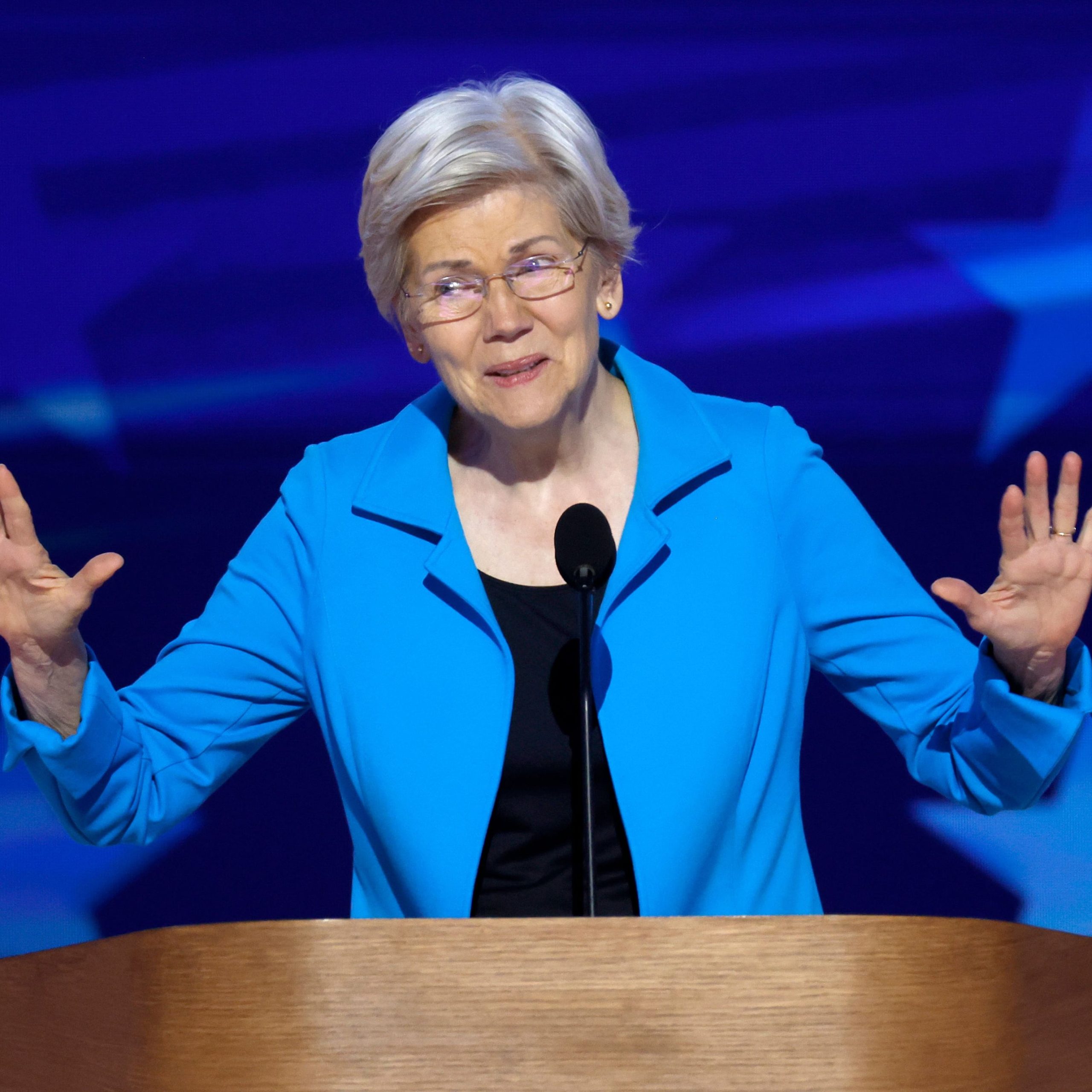
The high court will now decide whether to declare the 'crypto bill' unenforceable or to approve it with modifications.
Panama's crypto bill saga has reached a new chapter, with the country's Supreme Court deciding the future of the local crypto industry.
Panama's President Laurentino Cortizo sent on Jan. 26 the Bill No. 697, dubbed the "crypto bill," to the high court for review and approval, after objecting to the legislation, claiming it violated the constitution's core principles and was unenforceable.
The Supreme Court must now decide whether to declare the legislation unenforceable or to approve it with modifications.
According to an official statement, the government considers articles 34 and 36 of the bill unenforceable, since they violate the state's separation of powers and establish administrative structures within the government.
President Cortizo also argued that the bill had been approved through an inadequate procedure, following his partial veto of the legislation in June. At the time, the president considered the bill needed more work to comply with new regulations recommended by the Financial Action Task Force (FATF) outlining “fiscal transparency and prevention of money laundering.”
Related: The 5 most important regulatory developments for crypto in 2022
A dispute between Panama's congress and the government has centered on this bill. In April 2022, Panama lawmakers passed the legislative proposal aiming to regulate cryptocurrencies in the country, including Bitcoin. President Cortizo, however, warned a few weeks later that he wouldn’t sign itl unless it included additional Anti-Money Laundering (AML) rules.
The bill was introduced in September 2021 to the National Assembly of Panama, aiming to make the country “compatible with the digital economy, blockchain, crypto assets and the internet.” It was moved out of the Economic Affairs Committee on April 21 before being approved by the local congress.
Based on the legislation, Panamanians “may freely agree on the use of crypto assets, including without limitation Bitcoin and Ethereum” as an alternative payment for “any civil or commercial operation.”
Furthermore, the bill would regulate the tokenization of precious metals and the issuance of digital value. Digitization of identity using blockchain or distributed ledger technology would also be explored by the government’s innovation authority.





